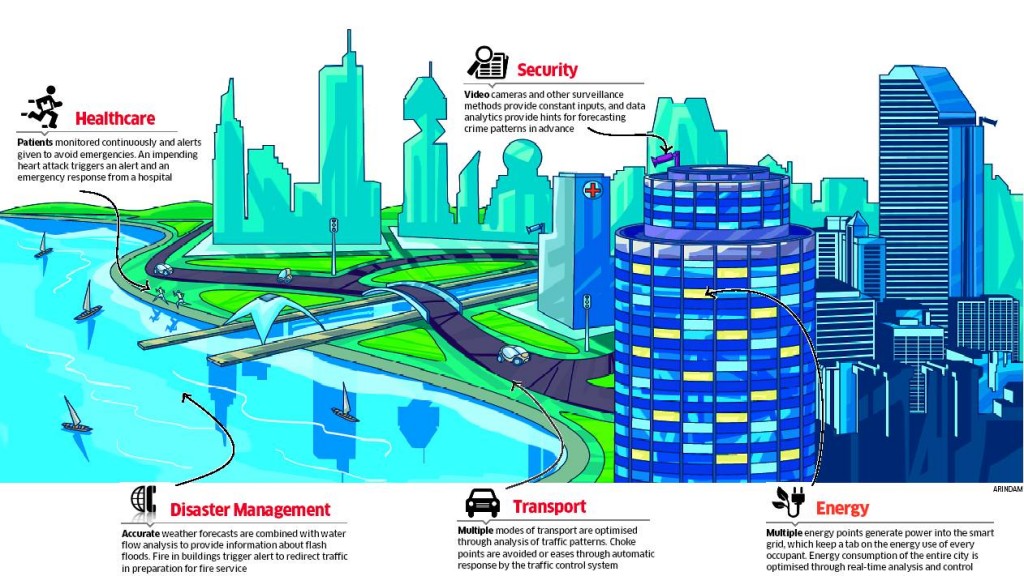You just have to laugh at this stupid comment.
by Karl Bode
The FCC recently voted 4-1 to approve Charter‘s $79 billion acquisition of Time Warner Cable and Bright House Networks. The agency just released its full order (pdf) pertaining to the deal, outlining the various conditions the FCC hopes to enforce to keep Charter from simply becoming another Comcast. Among them are a seven-year ban on usage caps, a seven-year ban on charging for direct interconnection (the heart of the telecom industry’s battle with Netflix last year), and a ban on any attempt to pressure broadcasters into refusing deals with streaming video providers.
But the FCC says the merger conditions also require Charter to deploy broadband service to an additional 2 million locations, one million of which need to already be served by another competing provider. The faint threat of competition was enough to upset the American Cable Association (ACA), the lobbying organization for smaller cable providers. According to ACA CEO Matthew Polka, the added competition will actually be a horrible thing for consumers, because, uh, well, just because: Continue reading





